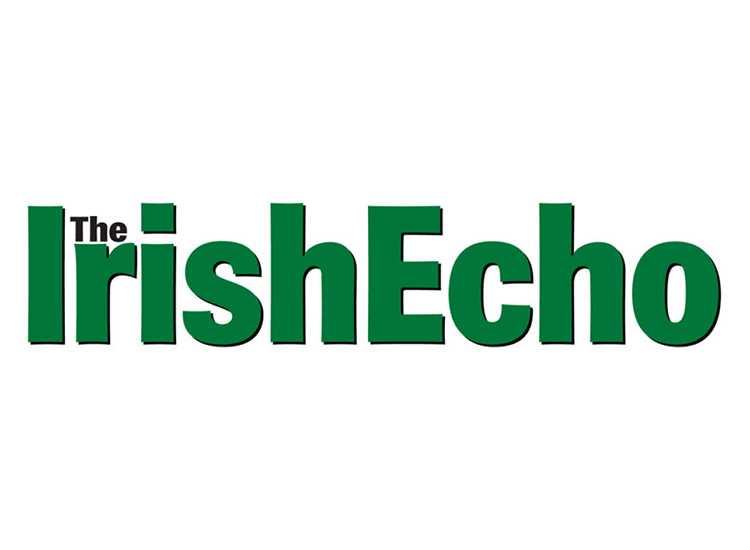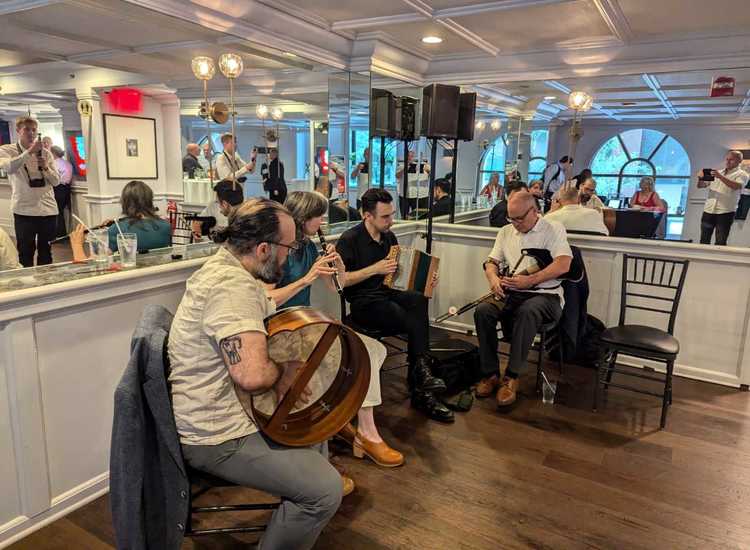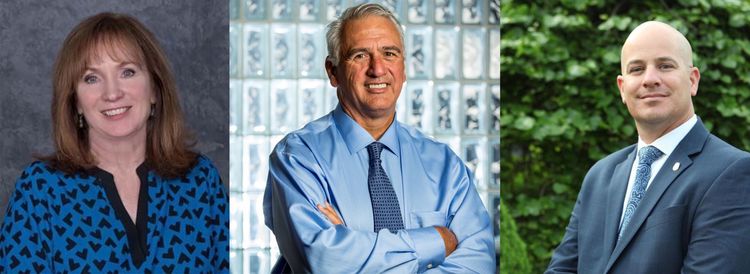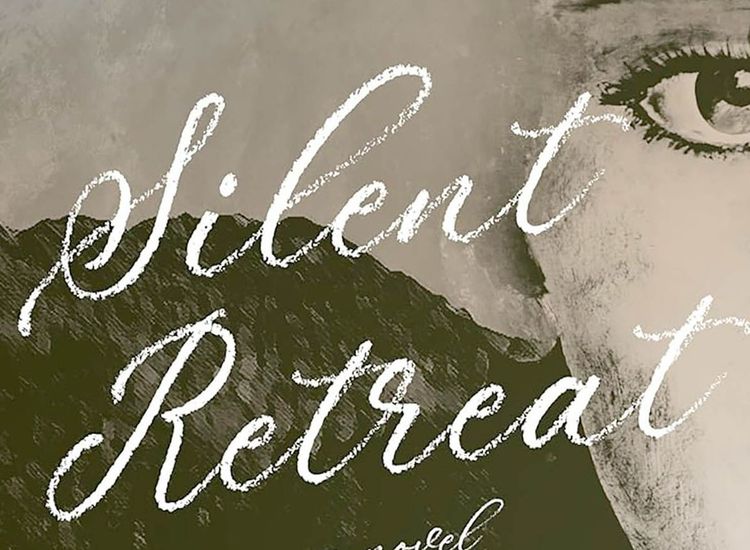Cara Dillon, a steadfast favorite of the columnist's.
By Colleen Taylor
I feel compelled, this week more than ever, to celebrate women. Here are some of the most accomplished Irish solo artists and all-female groups writing music today, musicians who bring vision and vibrancy to women’s artistic and historical presence.
Roisin O
As the daughter of Mary Black, Roisin O’s musical talent is no surprise, but her unique interpretive vision always manages to amaze me. Her music is vigorously inquisitive, seeking out influences from pop, rock, Americana, new age, even Afro genres to set her folk music songwriting on fire. I’ve been in love with O’s debut album “Secret Life of Blue” (2012) for well over a year now, and her two recent 2016 releases, “Give it Up” and “Better this Way” are each, in their respective style, stunning. In particular, “Better This Way,” is folksy in influence, jaded yet assertive in message. With her most recent releases, Roisin O’s music has gone from ethereal and airy to grounded and powerful. Her voice has always been polished, mature, fresh, and electric, but now, with “Better This Way” in particular, her voice is a formidable force too. This is one woman Ireland should be boasting about.
Roisin O.
September Girls
In a genre like electro-rock, where male musicians tend to take center stage, it’s refreshing and exciting to see an all-female ensemble who are backed by an all-female PR support team. The September Girls are a quintet made up of of Caoimhe, Jessie, Paula, Lauren, and Sara, who burst onto the scene with their languid rock chords and pop vocals less than three years ago. The September Girls don’t exactly qualify as “easy listening” but what they do offer is innovative, even evocative musical fusions. Behind a track like their “Ships” there’s a allusion to ‘80s grunge, while their harmonies on “Secret Lovers” recalls a style drawn from the 1960s, like that of the Ronettes. Female groups seem to be a clear inspiration for the September Girls: they take their band name from a cover done by all-female American ‘80s rock band the Bangles. Most importantly, the September Girls are mixing it up, bringing new faces, along with some female empowerment, to the stage and genre of Irish modern rock.
Henry Sisters
Donegal sisters Karen, Joleen, and Lorna McLaughlin have only been playing professionally since 2010, but their polished performance makes clear they’ve spent their lives singing together. With the recent release of their appropriately-titled album, “Louder than Words,” the Henry Girls demand to be heard. It’s rare to come across a group that sounds as organic and charming as the Henry Girls—maybe a familial connection is necessary to foster such a seamless sound. Whatever the force behind their charisma, one would be hard pressed to find a music fan who didn’t enjoy the Henry Sisters, no matter their personal musical preferences. These Irish and Americana harmonies are universally appealing.
Henry Sisters.
SOAK
Despite her young age, by this point in her career, SOAK/Bridie Monds-Watson, needs no introduction. She has achieved more in 20 years than most do in an entire lifetime. This young woman is constantly creating, inventing, imagining. She never goes anywhere without her notebook, ready to write lyrics or melodies wherever she might be. SOAK speaks to the experience of teenage angst with wisdom beyond her years. “Before We Forgot How to Dream,” her debut full-length album is as much poetry as music—a cathartic kind of music that doesn’t shy away from pain or difficult topics. Fans celebrate her courage along with her creativity.
SOAK.
Lisa Hannigan
Irish singer-songwriter Lisa Hannigan has turned to the best of American female folk vocalists for her influences. She has performed songs by Janice Joplin, Joni Mitchell, even Nina Simone and has done their lineage justice with the intense feeling she puts into every single note, every slight vibration in her harmonies. Hannigan’s hallmark is that she simply writes great songs, without trying to overdo it, as some indie artists are prone to do. Hannigan recently released her third album, “At Swim,” her first in five years, a great creative achievement for the singer. Hannigan’s album is truly a holistic piece of art that brings its audience to new epistemological heights. For me, Lisa Hannigan is the Joni Mitchell of twenty-first century Ireland.
lisa-hannigan-by-rich-gilligan_wide-c4d4b1ae7284cd0d7d0eaf5636d6a33494fb4f3e-s900-c85
Lisa Hannigan. PHOTO BY RICH GILLIGAN
Cara Dillon
The Northern Irish folk singer Cara Dillon has been one of my longest, oldest, and steadfast favorites. The Derry singer made a name for herself at a very young age, when she released her debut solo album in 2001. Four more releases later, Dillon has advanced far beyond the obstacle of proving herself within Irish traditional music. At this stage, Dillon is synonymous with mastery of the folk tradition—synonymous with sweetness, feeling, and musical poignancy. She carries an infallible reputation for moving audiences with her tender vocals and devotion to tradition. Her most recent solo album, “A Thousand Hearts,” filled with beautiful, moving ballads, evinces her ability to electrify the Irish folk tradition and move audiences with her songful stories. Dillon will have more time in the spotlight soon, with a Christmas album on the way—a preview of which already has me hooked.
Since I began writing this column three years ago, time and time again, each and every week, I find myself amazed and impressed by the innovative output of debut and seasoned Irish and Irish-American women in the music scene. In Irish music, as in many other walks of life, the women are particularly productive, innovative, and yes, most of all, strong. These are singers who cannot be silenced.
Colleen Taylor writes the Music Notes column each week in the Irish Echo.












